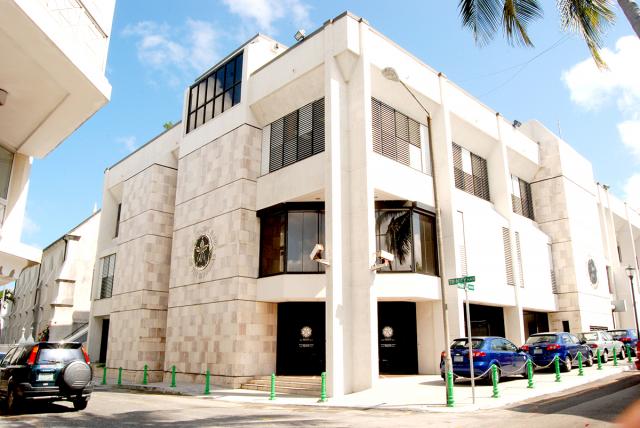NASSAU, BAHAMAS — The country’s domestic financial system remains “sound and stable” in its current assessment and outlook, according to the Central Bank.
The regulator in its recently released financial stability report for 2021 noted: “The Bahamas’ domestic financial system remains sound and stable, in terms of the current assessment and the outlook, albeit with risk that must be managed and reduced. Therefore, the Central Bank will continue to pursue policies and reforms aimed at mitigating any potential risks to supervised financial institutions and strengthening the regulatory environment.”
The regulator said that against this backdrop it will sustain efforts to complete the risk-based supervisory framework (Basel III) for banks and trust companies, along with advancing credit unions’ risk and governance systems.
“These measures entail an emphasis on increased buffers against risk, over the course of the business cycle for domestic systemically important banks (D-SIBs) and maturity mismatches. Overall, the Central Bank will continue to strengthen the regulatory framework for its SFIs. Further, the collaborative stance across all regulators will be maintained in an effort to support the resilience of the financial sector,” the Central Bank said.
It added: “Risks within the financial sector remained contained during 2021, as the Central Bank maintained its risk-based approach to financial supervision, although with ongoing adjustments to the Novel Coronavirus (COVID-19) pandemic. As a result, surveillance continued for both domestic and internationally supervised financial institutions (SFIs), to ensure that financial and business continuity risks posed by the pandemic were mitigated.
“Due to the effectiveness of vaccines and the reduction of travel restrictions in 2021, the international and domestic economies alike began the initial stages of recovery. As such, the negative impact of COVID-19 lessened, despite lingering effects.”
The report further assessed that there is “no immediate risk” to financial stability within the banking system, given the commercial banks’ high capital buffers and satisfactory provisioning levels.
“Consolidated stress test results—which evaluate credit, liquidity, and interest rate risks—showed that the domestic systemically important banks (DSIBs) remained resilient. At all levels of shocks, capital remained well above the Bank’s established minimum requirement of 17 percent. Moreover, the banking sector’s average capital-to-risk-weighted assets ratio fluctuated between 26.87 percent and 32.14 percent. In addition, the Bank Stability Index (BSI) and the Aggregate Financial Stability Index (AFSI) revealed that the sector’s stability was sustained in 2021 and there are no stability concerns,” the regulator noted.





